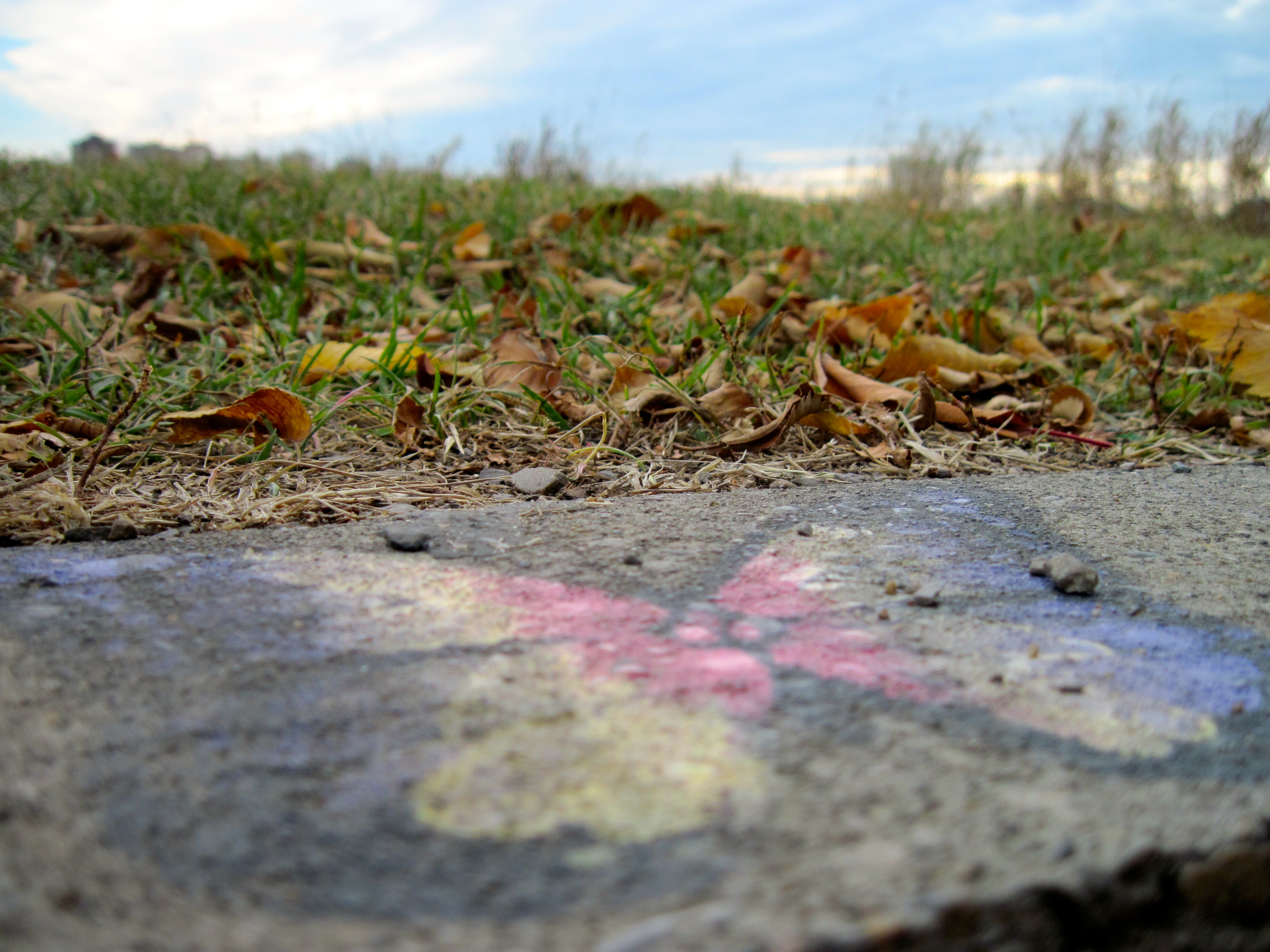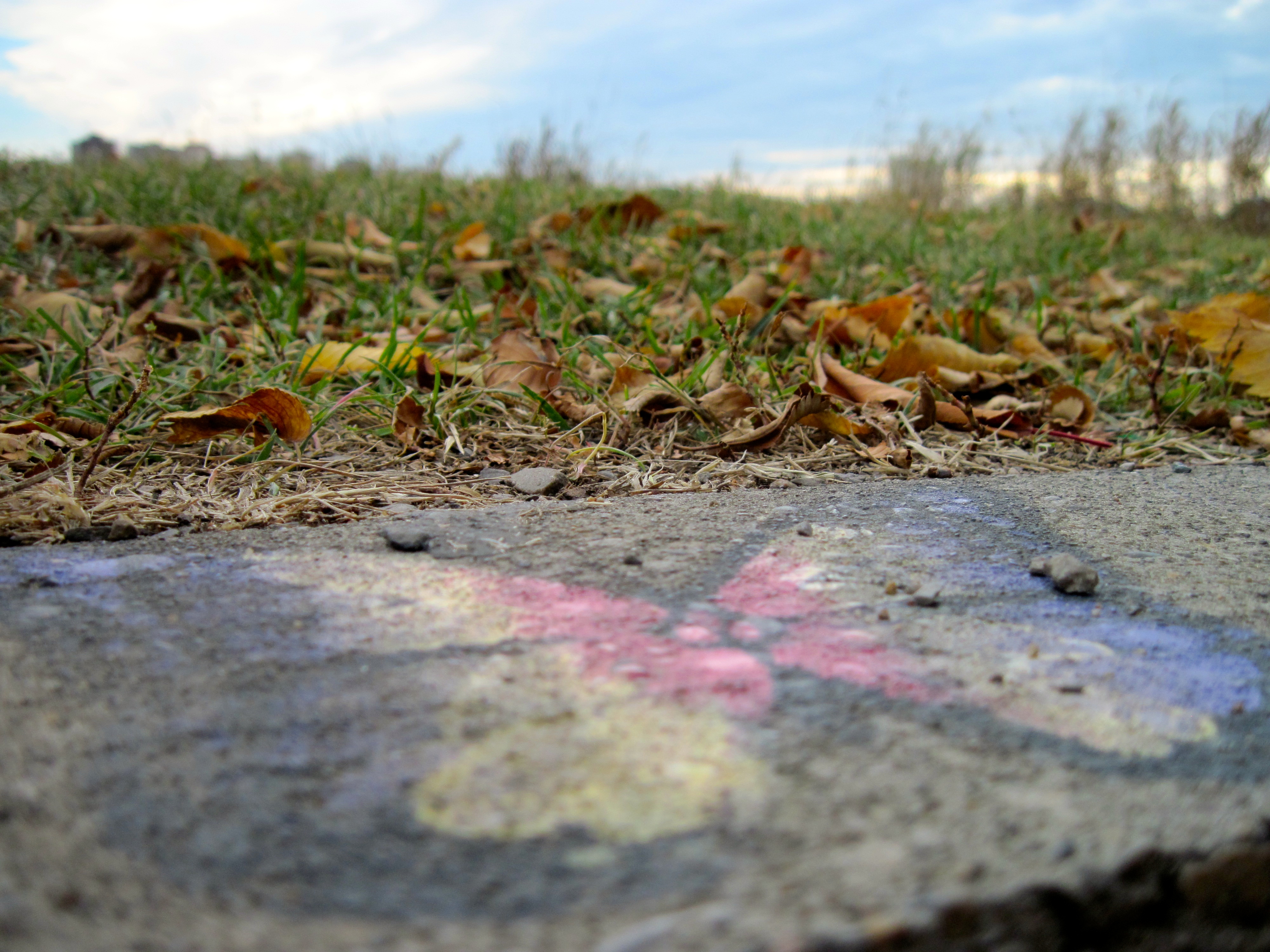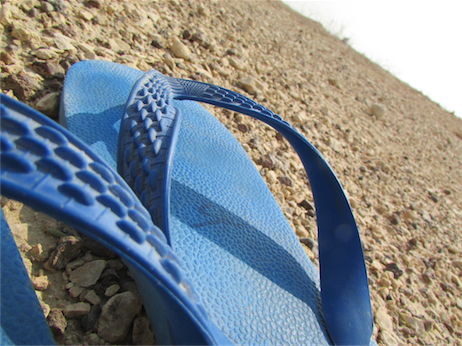This paper was something I wrote for an English class in university. Thanks to a flexible teacher, and an open invitation for an assignment, I was able to have a lot of fun and tackle a topic that was really meaningful to me. We were asked to write for an audience other than our professor, and to write in a style that would be appropriate for our chosen venue. So, with her permission, I wrote for my blog. I’ve changed some of citation formatting used in the original paper, but other than that, here it is:
***
Life in Pieces: the Attempt of Life Writing
“Where are you from?” The question seemed to suck the air out of the room. Pictures and memories filled my mind. The home that I grew up in. The dusty streets I played in. School in the mountains. Fog and rain hovering over the trees as the monsoons poured from the skies. Too many memories. Then, in Canada, there was my grandparents’ house. Summers spent picking raspberries and running to the community pool.
“Three Hills, Alberta.” It was simpler. No need to explain the torrent of memories with its confusing variety of places. Three Hills was a piece of the truth. A small piece. The real truth was too messy. Where am I from? The answer, if there was one, was in stories — memories and pieces. But people don’t want pieces, they want history. A history that can be fit on a page.
History is not just the story you read. It is the one you write. It is the one you remember or denounce or relate to others. It is not predetermined. Every action, every decision, however small, is relevant to its course… (plaque in Canadian War Museum, Ottawa)
27 December 2007.
Benazir Bhutto is assassinated in Rawalpindi, Pakistan. A man levelled a gun at her as she was leaving a rally, standing in the skylight of a car. She was shot twice — once in the neck. A few seconds later, a second man detonated a bomb he was wearing. Almost two dozen people around the car were killed in the blast.
I remember standing in the darkness on our roof, staring out over Hyderabad at the glow from burning tires, dancing on the walls of apartment buildings nearby. There were people shouting. I could see a figure walking in the dark street below, carrying a large tv he had looted from a store. We had a small stack of loose bricks on the roof. I can’t even remember what we ever used them for. But that night I asked my dad if I could throw one down from the roof. I was fourteen. I suppose it made sense to me at the time. Looters were in the streets below. Justice could be mine to deal out in the form of a brick. They wouldn’t even know where it came from. It would just drop on them out of the darkness. I’m glad my dad said no.
We had people over at our house for a late Christmas get together. They ended up staying the night since it was too dangerous to go home in the rioting. They slept in different rooms around our house. It was like a multi-family sleepover. My dad drove a few families back to their homes in the quiet of the early morning, when the chaos had died down. Soon after, the rioting started again, and no one could go anywhere.
History remembers the death of the first female Prime Minister of the Muslim world. I remember the fires burning across the city. I remember a brick.
History, like narrative, becomes, therefore, a process, not a product. It is a lived experience for both reader and writer (Hutcheon 306).
Prairie Heart
I long to see that surging ocean
of grasses in the breeze,
I long to hear the gentle winds
wash o’er the emerald seas.
I long to gaze across the world
and see where sky meets earth,
I long to breathe the moving air,
that gives my life rebirth.
I long to be on that pleasant sea,
the true pacific calm,
I long to ride the waves of grass,
where a prairie heart is home.
I wrote these lines four years ago. I hadn’t even left Pakistan yet. I never would have written them today. There’s something naive about them — not just in the style, but in the longing. I never actually had a prairie heart. I had pictures from Grandma and Grandpa. Memories from the long drives across Canada the few times we were visiting “home.”
Reading these lines now, I realize what I wanted most. Not to be home in Canada — it felt the least like home — but just to have a home. To belong somewhere. I suppose I thought I could write home into existence. I thought I could write a past I didn’t have. I wanted to be the prairie boy missing home — but I was a boy whose only prairies were the yellow fields I saw in calendars from Canada, hanging on the wall by the light switches in my parents’ bedroom.
***
“You grew up in Pakistan?” At some point the question gets old. I always know what comes next. I’ve it so many times before — that question that was never thought through enough before it came bumbling out of someone’s mouth in an effort to understand. “Pakistan, eh? What was that like?” What was it like? What was eighteen years of my life like? What was eighteen years of travelling, learning, living, loving like?
“Good.” The answer usually seemed as empty as the question. Though, at least they tried. I’m never sure what kind of answer was expected. A quick history of my life? A few colourful descriptors for a country they didn’t know or understand? I never know.
“To write of anyone’s history is to order, to give form to disparate facts; in short, to fictionalize. […] narrativization is a form of human comprehension, a way to impose meaning and form on the chaos of a historical event.” (Hutcheon 302)
We went to a lot of museums, growing up. I would usually run ahead, looking at all the displays while my parents read the descriptions on the exhibits. I wasn’t as patient. History was what I could see — old tools, pottery, weapons, and clothes. Objects from years passed. Objects from foreign places. History. I would stare at them through the glass where they sat protected, contained, preserved; their labels and descriptions filling in the gaps between seeing and understanding.
***
I had a small bug collection given to me when I was a boy. Someone was passing on the small selection: a scorpion, a few butterflies, a large centipede, and a few others. Each of them were impaled with tiny pins to keep them on their display. I always wanted to add to it. I would catch butterflies with all their vibrant colours, wanting to keep them forever and preserve them on my board.
But I was never able to add one to my collection. I couldn’t bear to kill them — to stick that pin through in that piercing act of documentation. And so my board never got more bugs. I can’t even remember what happened to it. It used to sit up on a shelf with its small rows of exoskeletons, collecting dust.
I would try to draw the butterflies instead; sketching the intricate veins that traced through the wings, trying to bring them to life with crayola colouring pencils, as best as my sixth grade scribbling could do. But even these were a flat replica at best. The butterflies were always most beautiful when I saw them free, resting on a flower — their vibrant mosaics opening and closing to reveal their kaleidoscope wings.
My grandparents have a glass display of butterflies at their house, hanging on the wall by the back door. Sometimes I take it off the wall to look at the wings from the other side — the hidden side, with their subdued browns and earthy tones.
Memory
A few days
its deep purple petals
splash their vibrance — a radiant violet
sunset.
But too soon
the stem begins to feel its scar.
Like dried blood, its colour
browns.
In time
each pale and crinkled tissue drops
until only a skeleton stem remains.
It too, soon,
will fade
It took me a while to begin peeling back the layers of memories from Pakistan. I had realized it was easier to be Canadian for conversations. It wasn’t worth having to explain my life story to everyone. Besides, it usually didn’t explain anything.
But alone, on paper I would sink into the recesses of memory — to look at scars of memories I had covered up because they were too complicated to talk about. Good scars. I began to write the stories — to order the places, people, and words. In his book Running in the Family Michael Ondaatje wrote, “History is organized” (p. 26). But people aren’t. Most times my stories don’t seem to have any order at all. They’re just pieces. Good times. Hard times.
***
I used to push back against anything Canadian in me. There was a feeling that accepting the fact that I was here now would mean rejecting the fact that I was ever anywhere else. It was either one or the other. So what was I? Pakistani? Canadian? Both; and yet somehow neither.
Somewhere along the way I accepted that I would never be Canadian. I’d never be Pakistani either. I’d just be stuck somewhere in the middle. Or maybe I wouldn’t. Maybe being stuck in one or the other was what I feared most — the fear that kept me drifting.
***
To write self-reflexively of history as a process in progress, instead of as a completed product, is to breakdown the finality of the formal narrative closure. (Hutcheon 312)
Today, some of the confusion has left. I’m still faced with the impossibility of trying to mediate a past full of memories and experiences that seem to escape me. I try to write glimpses and fragments of a world I can never really capture.
Somehow there is solace in the past. There’s something both frightening and exhilarating about reaching back into memories — rearranging, reordering, reliving. I wonder sometimes if it’s really the past I’m trying to understand or if it’s actually the present. Maybe I’m just ordering the pieces of myself, trying to make sense of it all. But in the end, there’s often little sense to be made. There’s no real story to tell, no lesson — just pieces. Pieces that, in some ways, die the instant they’re put on a page — contained and preserved, their angular skeleton strokes lying in neat rows of letters. They become lifeless, ordered history.
The stories we live are rarely like the stories we read — like those in we find in history. We may try to lay out and describe a person, down to the last bone of their body, but the result is never a person. The Japanese have a style of painting called hatsuboku, or “splashed ink”, where artists splatter ink onto a page and then paint with what is is on the paper — the little drops of black ink, waiting come to life. You have little control over how the paint gets on the page — only what you paint with it once it’s there. Life writing tends to be similar. We don’t choose the events that happen to us, but we make the best of what we are given and paint a picture as well as we can.
Despite the failures of writing in capturing life, there’s something valuable about it as well. It’s a chance to learn and make sense of the jumble of memories and experiences that make up a person. The finished product will be far from the actual life, but it will be an attempt — at best, a sketch of a butterfly with crayola colouring pencils. Like Michael Ondaatje said of his Running in the Family: “The book again is incomplete”(p. 201). Life writing will always be incomplete. It’s only ever an endeavour, in scraps and pieces, glimpses and glances, to capture the life of a person and the memories that make them who they are.
***
Quotes taken from:
Hutcheon, Linda. “Running in the Family: The Postmodernist Challenge.” Spider Blues: Essays on Michael Ondaatje. Ed. Sam Solecki. Montréal, Canada: Véhicule, 1985. Print.
Ondaatje, Michael. Running in the Family. New York: Vintage International, 1993. Print.



